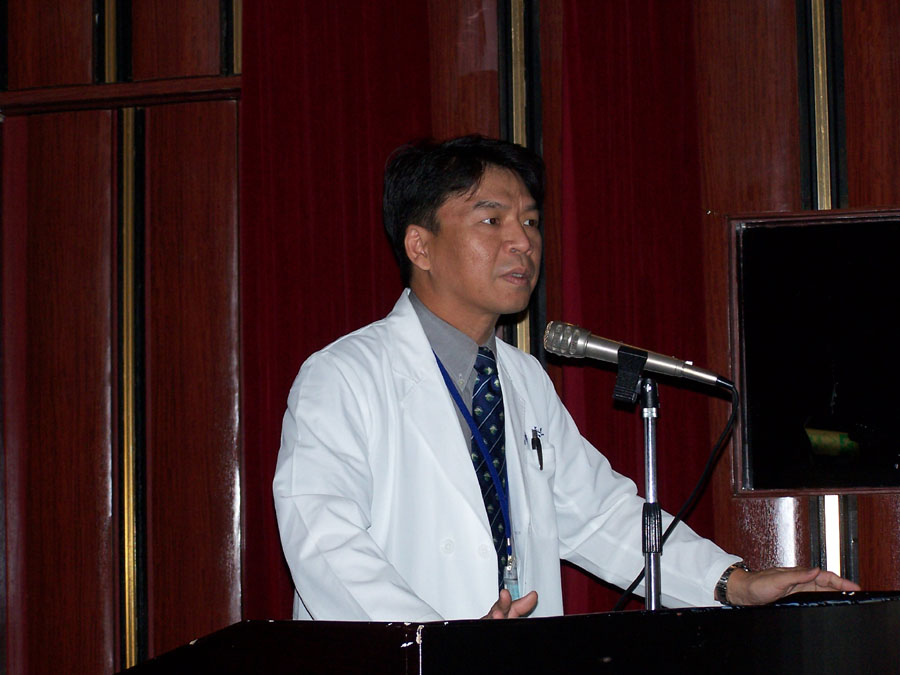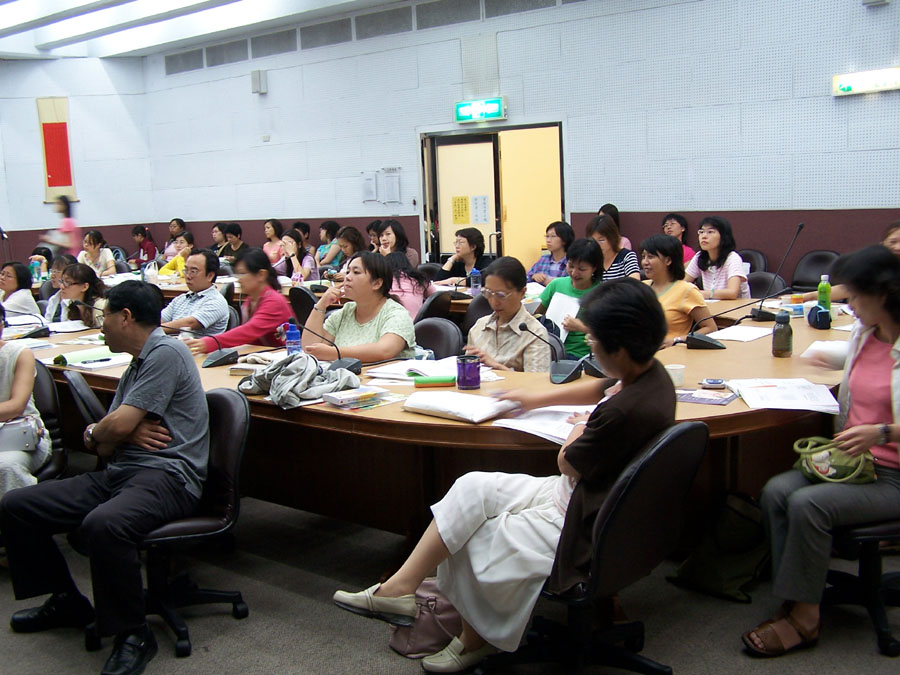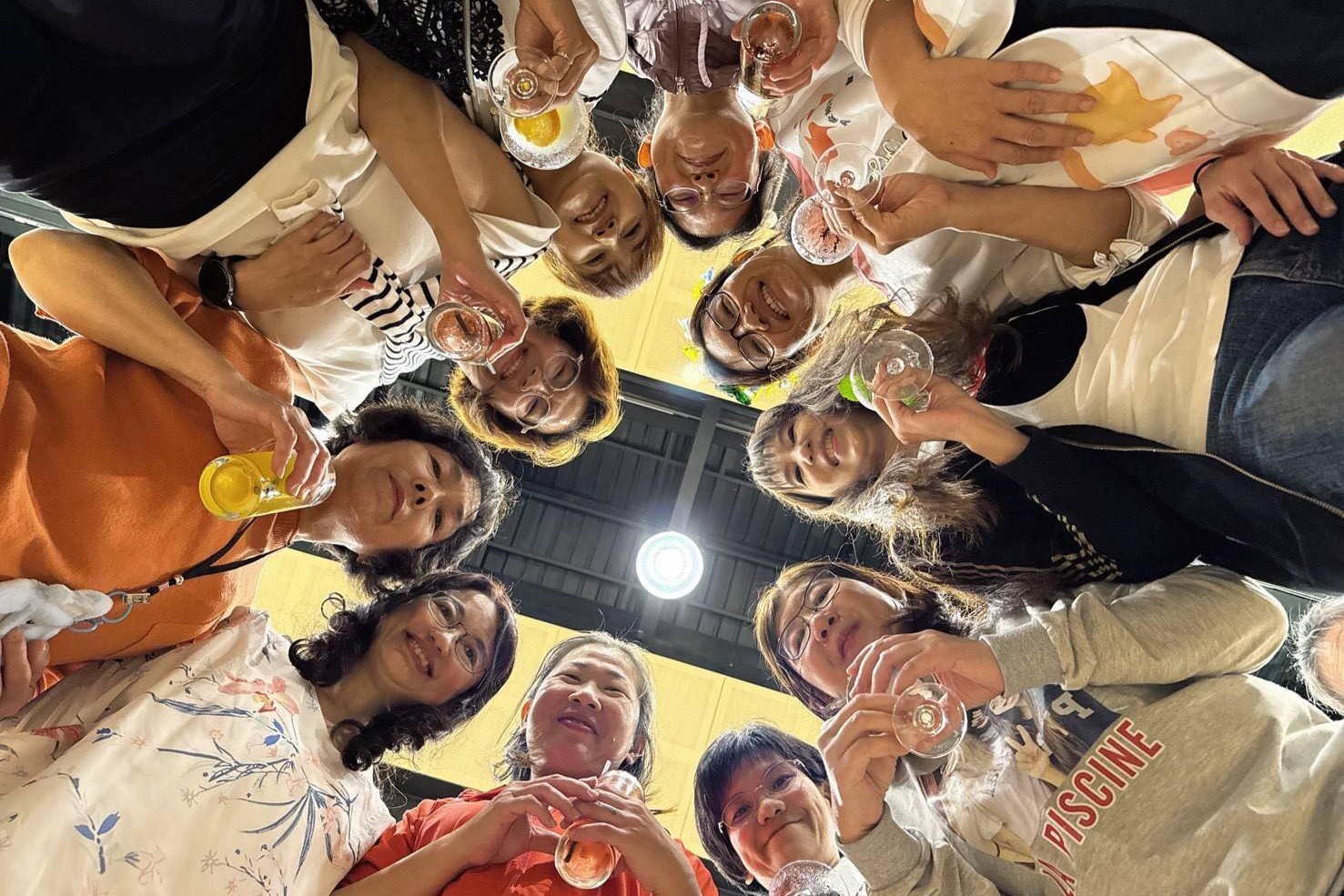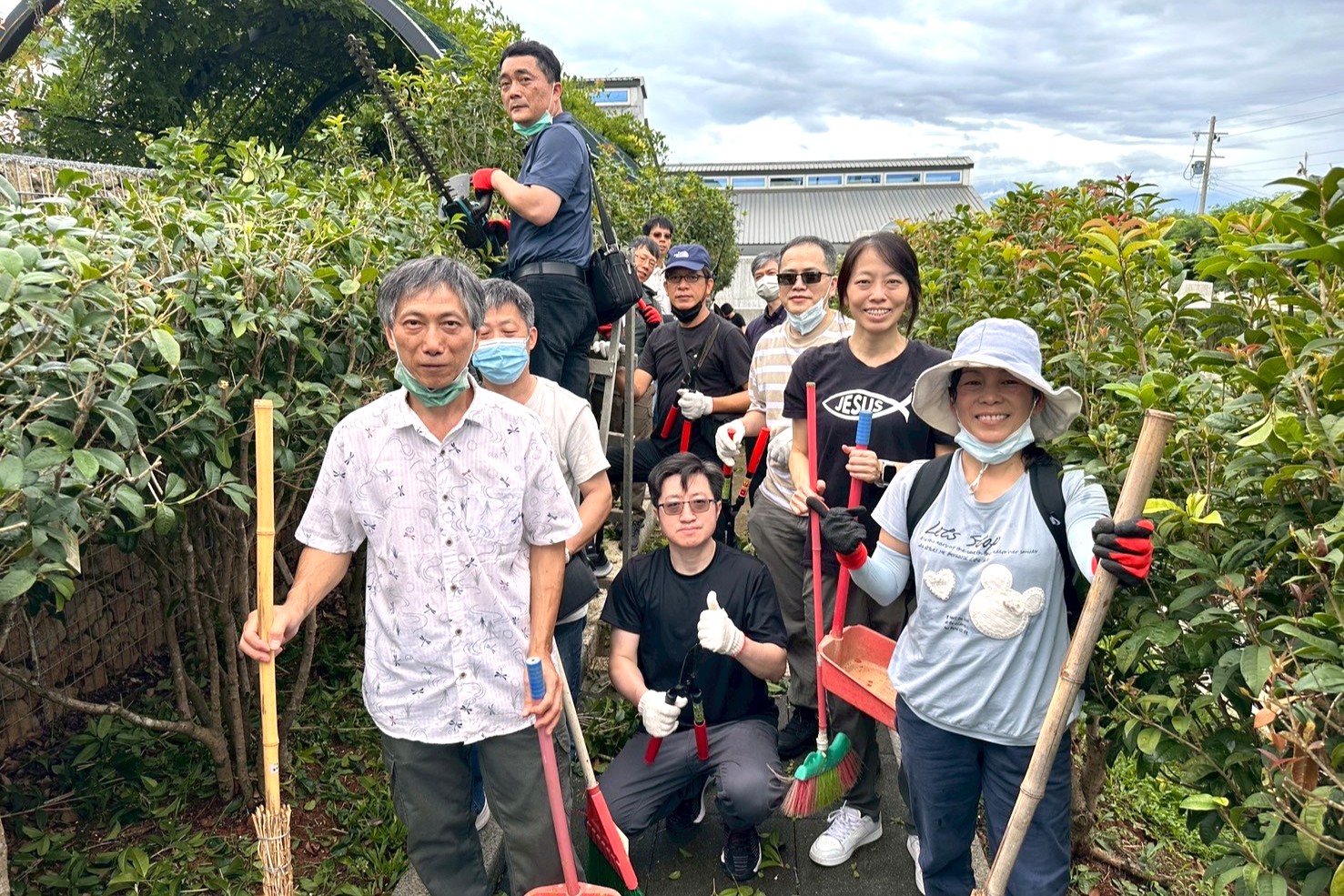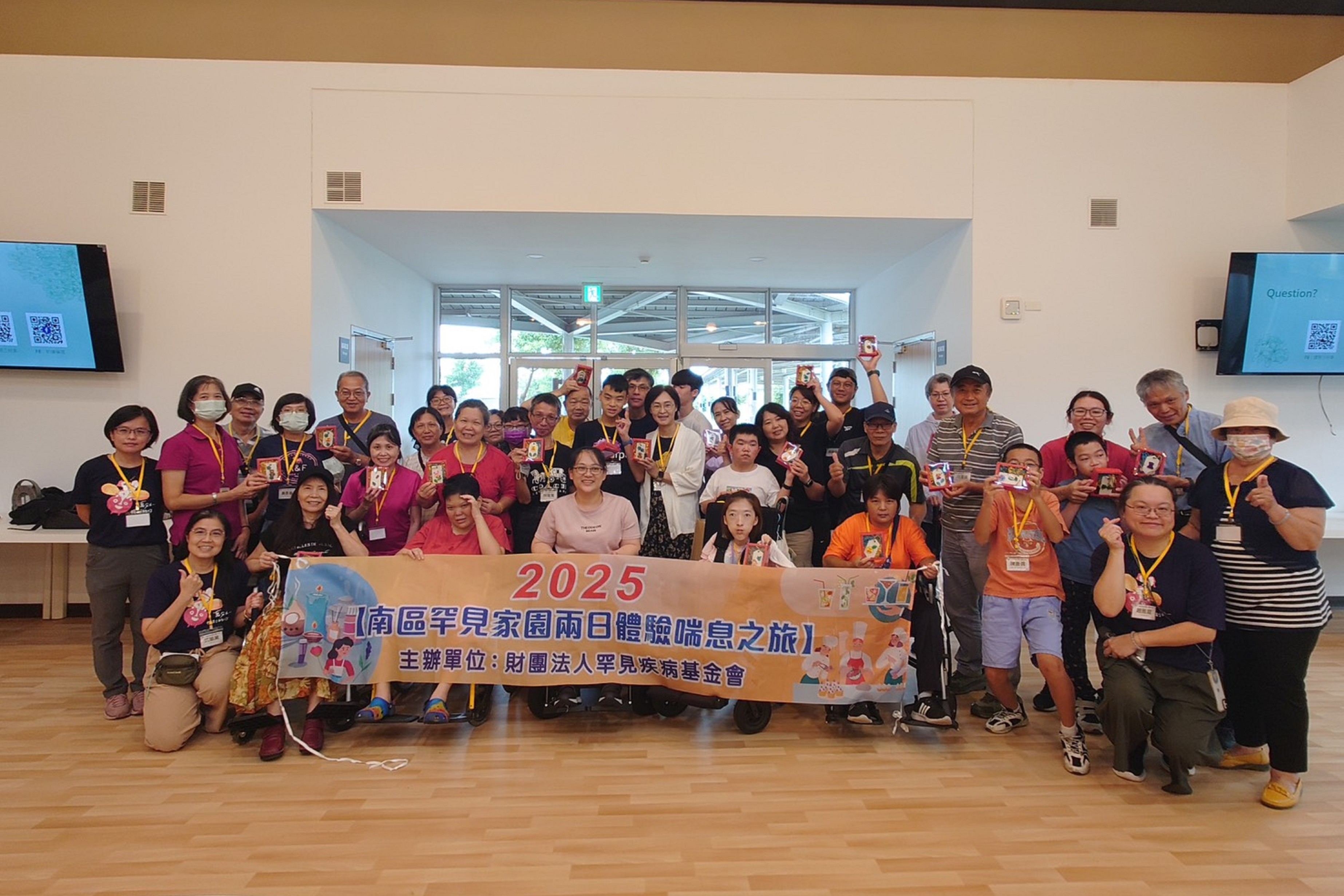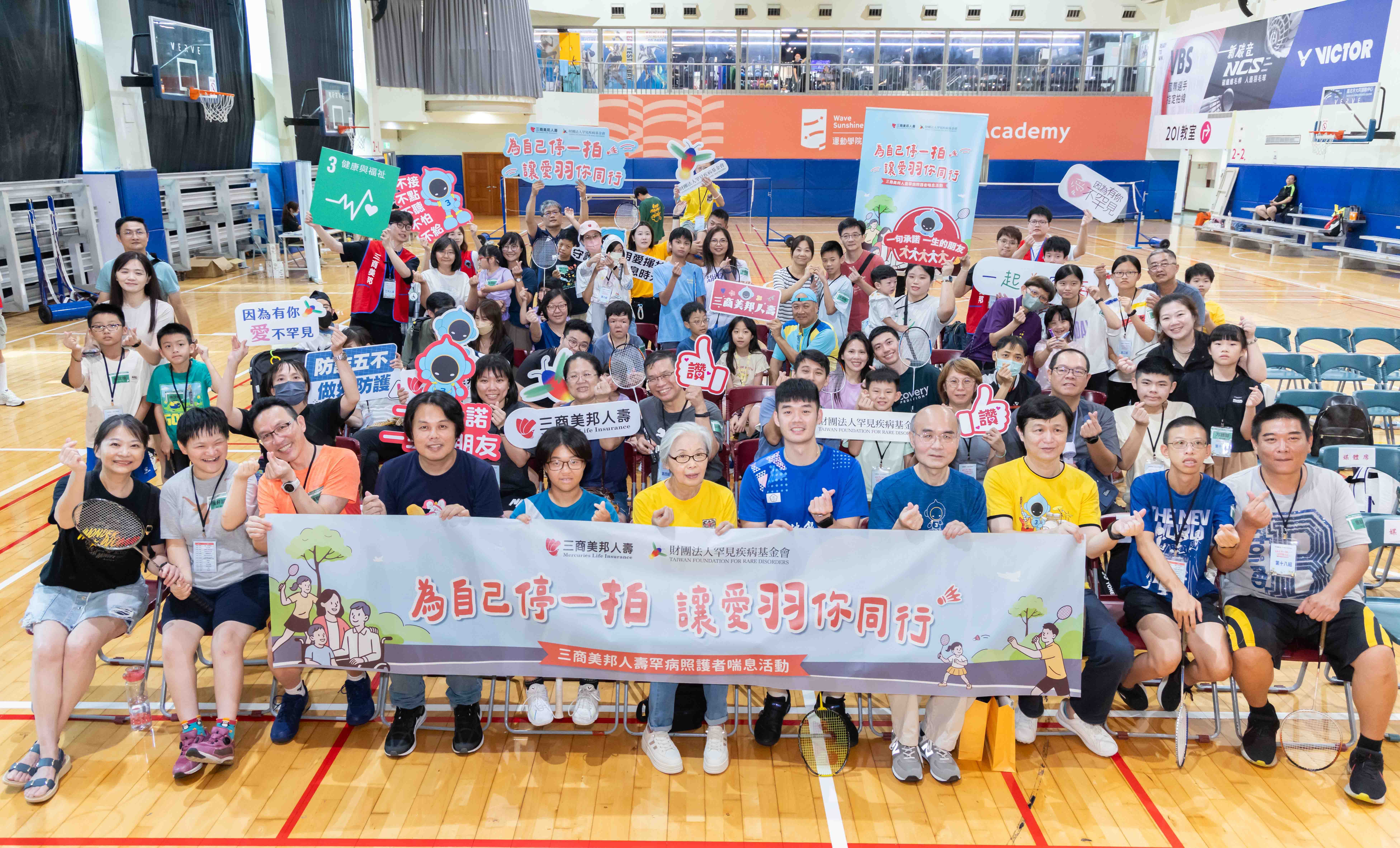News
Seminars for Medical Personnel and Patient Groups
As people's awareness of issues for rare disease increases, people's needs and concern for genetic counseling increases as well. However, average medical personnel, specialists serving rare disease patients and social welfare organizations do not have a complete understanding about how to provide the necessary services to rare disease patients. In order to improve the services for rare disease patients and to strengthen the cooperation among different professional areas, ongoing education for related professional personnel and
patient groups is necessary.
After the first training program for social workers was held in 2002, TFRD continued its training courses for patient groups on an ongoing basis. In 2005, TFRD expanded its training activities and organized training courses for medical personnel and patient groups. We hope to give more hands-on training so that professionals can have a better grasp on how to handle rare diseases and relevant services.
This year, Bureau of Health Promotion and TFRD co-organized seminars in Kaohsiung city and Taichung city for both genetic counselors, career counselors, and special education teachers to enhance first-line personnel's professional knowledge on rare diseases and relevant services. Courses include brief introduction to rare diseases, relevant government's resources workshops for speeches on different topics, group discussions and exchange of experience.
We hope through those courses, participants will become more alert when they meet rare disease patients and sensitive when receiving cases suspected to be rare diseases in their work, and they will know where to send the patients to organizations for further assistance or where to seek resources for patients.
Different from last year's seminar, we published Employment Study on Patients with Rare Diseases to go with the career counseling workshops.
This book not only shares some patients' stories and difficulties they encounter when they try to get a job but also introduces government’s employment service system, career counseling centers, "Physically and Mentally Disabled Citizens Protection Act" and its enforcement.
According to our research conducted in 2002, we found that among patients who want to work, 65.4% of them want to work because they have economic pressure, while other reasons include hoping to learn, establishing sense of achievement and living an independent life, involved in the society and making friends through work. Compared with the physically and mentally challenged, rare disease patients tend to have more serious disabled levels. 34% of them have a physical disability, 19% of them have multiple disabilities. 42% of them are categorized as severely disabled, versus 14% of the physically and mentally challenged. This also shows that it is much more difficult for rare disease patients to seek employment. Multiple disabilities restrict patients’ opportunity to get a job. One Osteogenesis Imperfecta patient said, "I am now 28 years old and I think work is very important.
First of all, it brings psychological support and contentment for me and second, no work, no money. I can't rely on my parents forever. "
They hope to earn respect and self-confidence through work. Just as a social worker who works at the Taiwan Spinocerebellar Ataxia Association describes one of the patient's reason for work—"She hopes to work, to earn something on her own so that her family won't think that she's already 40 years old and stays at home all the time." It's already a difficult task for physically and mentally disabled people to get employment and it is even more difficult for rare disease patients, whose diseases often develop multiple disabilities, to find suitable jobs.
Since the establishment of our branch office in Taichung and Kaohsiung City, we hope to connect medical resources, social welfare resources and employment resources in central and southern Taiwan and open up more services for patients. The seminars gathered social workers, medical personnel, public health personnel, special education teachers and career counselors. Many good suggestions were brought up during the discussion. We will also implement employment counseling resources in southern Taiwan in order to provide better service to our patients.

